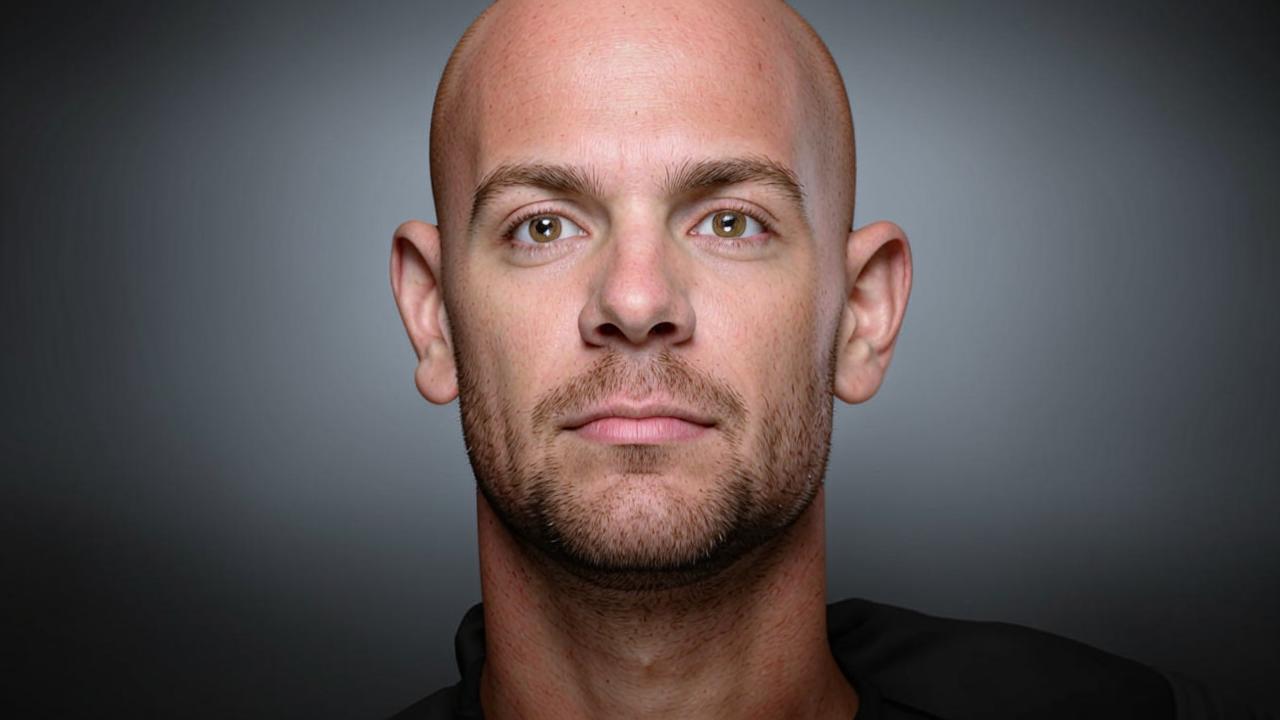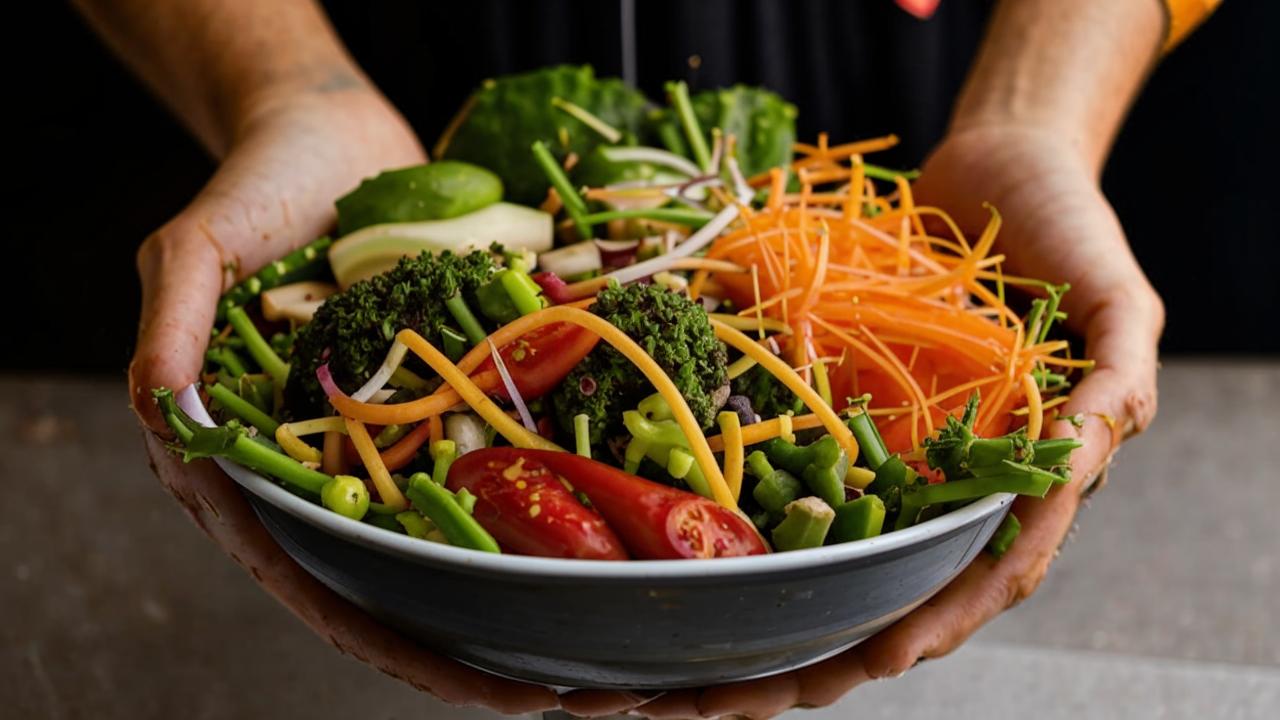
certified nutritional nutritionist, member of the international association of nutritional therapists
“Diet is the practice of regulated food intake to reduce, maintain or increase body weight and to prevent and treat many diseases.”
Why is there no one-size-fits-all diet?
The fact is that diets are built on introducing certain foods, eliminating others, or cutting back on the diet as a whole.
Nutrition should be built from the deficits and surpluses of a particular person, as well as his peculiarities. For example, someone who has serious problems with the liver, a protein diet is contraindicated. It can cause great harm to physical health and become life-threatening.

By the same token, other diets are detrimental to a person’s mental and physical health, diseased and healthy organs, and overall well-being.
Harmful effects can occur due to improper “entry” into the diet. For example, too abrupt refusal of certain products, the need to follow certain rules – all this is a great stress for the body. Therefore, every piece of food that enters the stomach is deposited in fat, and weight is gained at the same rate with which it was dropped.
Thus, dieting is a very dangerous and individualized eating regimen that can only be prescribed after tests by a nutritionist and other doctors.
What happens to the body during diets
When we arbitrarily go on a diet without preparation and recommendations of specialists, the level of cortisol in the blood increases sharply, because the body is not ready for rapid changes in nutrition.
Cortisol is a hormone that breaks down proteins, raises glucose levels and promotes the formation of new adipose tissue. It is produced in response to emergencies that happen to the body, including starvation and stress.
This hormone literally fights our desire to stay on a diet. The body needs to be prepared for unforeseen circumstances, and you can’t blame it for hoarding “for a rainy day”. Nevertheless, we do not need glucose and fat stores – our desires go against the body’s self-preservation processes.

On low-calorie diets metabolism slows down, the body increases the lost calories at the first opportunity. If a person has health problems, diets are more likely to exacerbate them.
Harm of interval fasting
Interval fasting (fasting) diets are based on Nobel Prize-winning work in medicine and physiology. In 2016, Japanese Yoshinori Osumi received the award for discovering the mechanisms of autophagy (the process of recycling by the cell of its own constituents). At the same time, there are no unambiguous scientifically proven advantages of interval fasting diet schemes.
Among the unfavorable effects, the most common are: rapid fatigue, insomnia, nausea and headache. Some people experience these symptoms temporarily and only during the adaptive period, while others experience them as permanent.
Interval fasting can cause irreparable harm to the health of a person who has a sick liver, diabetes, thyroid disease, gastrointestinal diseases (even gastritis). The list of contraindications is so broad that it can be confidently concluded that the number of people for whose health it will become useful is incredibly small, and it is not worth taking a risk here.
Harm of ketodiet
Ketodiet is a nutrition scheme for weight loss. The main principle is the consumption of products with a minimum amount of carbohydrates. The norm of carbohydrates on a ketodiet is 10%.
If you turn to the World Health Organization, you can see in the recommendations of the information about the norm of carbohydrate consumption, which is 45-65%, in order for a person to be healthy, full of energy during the day and do not experience physical ailments.

Why does the body need carbohydrates?
Carbohydrates are a key source of energy in the human body, with just one gram of them providing four calories of energy. When carbohydrates are broken down in the body, glucose is formed and is extremely important for tissue protein storage, fat metabolism and central nervous system nutrition.
What happens when carbohydrates are in short supply in the body?
The minimal body reactions experienced on a ketodiet are: weakness, apathy, headaches, constipation, and bad breath.

What dangers does ketodiet pose to human health in a global sense?
In 2018, Polish professor Maciej Banach presented a paper on the harms of low-carbohydrate diets at the Congress of the European Society of Cardiology. Research showed that in a control group of 24,000 participants, the risk of dying from heart disease, stroke and cancer was 50%, 51% and 35% higher among those who followed a high-fat, low-carbohydrate diet.
There’s also a huge list of health contraindications for the ketodiet, meaning you need to undergo a full body check-up with your doctor to stick to it.
Harm of the protein diet
The essence of the protein diet is that it is necessary to exclude completely simple carbohydrates, proteins should make up 60% of the daily diet, fats (exclusively vegetable) are present in a minimum amount.
Proteins (proteins) are vital for humans. They make up the bulk of the dense substances of muscles, supporting tissues and protective formations (hair, nails). They make up the immune bodies that protect the body from infections. The body is not able to accumulate proteins, so a person must constantly consume protein food.

But for the normal functioning of all systems and organs, fats and carbohydrates are no less necessary. Lacking vital substances with food, the body faces their deficiency. Trying to fill the missing carbohydrates, a person first spends their own reserves (glycogen), accumulated in the muscles and liver. Then the stored fat reserves are used up.
- Protein diet can provoke kidney disease (increased consumption of protein food makes them work to exhaustion, kidney stones are formed, and some of the most unpleasant deposits are oxalate stones, which cause a person unbearable pain).
- The harm of such restrictions is also due to the increase of bad cholesterol in the blood and bile. Negative consequences are observed even because of a short-term diet.

- Fiber-poor food prescribed by the diet causes malfunctions in the gastrointestinal tract. The person begins to suffer from constipation. Deterioration of intestinal function leads to the fact that food is poorly digested and assimilated. Loss of appetite, nausea and bad breath appear. Malfunctions in the gastrointestinal tract cause intoxication of the body.
- During the breakdown of protein into amino acids, ammonia is formed in the body. It negatively affects the nervous system.
- Protein diet is especially harmful to women. They may have problems with conception. Decreased fertility is due to the accumulation of protein breakdown products in the reproductive organs, which prevent fertilization.

Harm of a carbohydrate-free diet
The difference between a carbohydrate-free diet and a ketodiet is the amount of carbohydrate intake reduced daily. The harm of carbohydrate-free and ketodiet is about the same, because the principle of their work and construction is similar to each other.
The main danger is an increased risk of cardiovascular disease. If you have problems with kidneys: pyelonephritis, urolithiasis, there were injuries or there is a hereditary predisposition to their disease – the use of too much protein creates an additional load on the organs. This can worsen kidney function: chronic pathologies can be aggravated.

An unbalanced diet with a deficit of carbohydrates can provoke osteoporosis and the formation of kidney stones. And also a decrease in blood glucose levels, which is especially dangerous for people with diabetes, prediabetes or some metabolic disorders.
Even healthy people against this background feel irritability, aggression and weakness, malaise. This is especially important if you are engaged in sports, work a lot and you need concentration and attention, sufficient physical strength.





